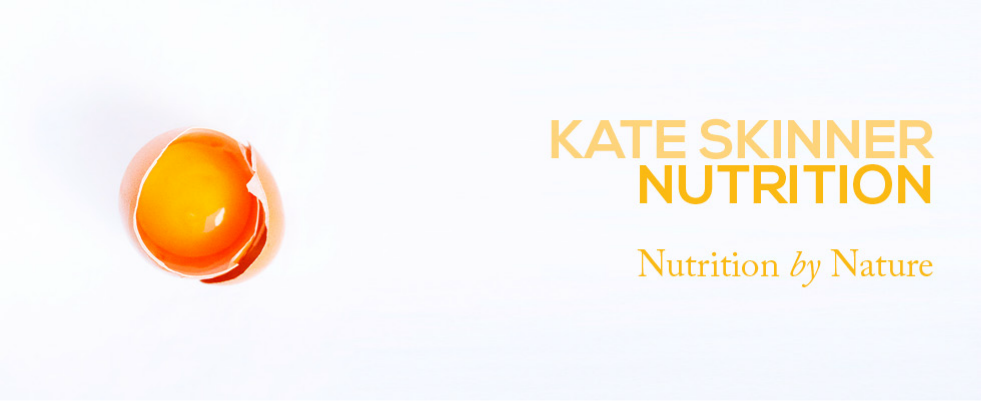This week's questions are short but sweet, general food queries. Here goes...
Best foods for metabolism always vary from person to person, and balancing macronutrients (protein + carbohydrate + fat) can sometimes be more important than even the isolated foods themselves. But, here are my top 5:
- Coconut oil
- Home-made ice cream (cream/milk, fruit/honey/sugar, egg yolks, vanilla)
- Potatoes (with cheese)
- Fruit and cheese
- Coffee with cream and honey
Chocolate is a nutritious treat, and nibbling at a bit of dark chocolate can be a really useful tool for balancing blood sugars and minimizing adrenaline and cortisol between meals. But, finding a good brand of chocolate that’s not loaded with polyunsaturated vegetable oils or soy lecithin can indeed be a tough task!!
My favourite brands in Australia include:
Cocolo
Alter Eco
Vivani
Rapunzel
Willie’s Cacao
Also, I have been told that Haigh’s is soy-free and vegetable oil-free too. You might also strike it rich seeking out quality chocolate in the international aisles of supermarkets – I’ve found some beauties there on occasion.
When in doubt, sleuth out brands that list real ingredients (ones you recognize!) – cocoa mass/butter/solids, cane sugar, real vanilla – and avoid all forms of soy, vegetable fats and emulsifiers. And let me know of any other good brands you find!
Protein definitely should be balanced with sugars at breakfast time, to help stabilize post-prandial blood sugars. Without the sugar, the protein can cause a rise in insulin (yes, protein can be insulogenic, not just carbohydrates) which causes glucose to be rapidly cleared from the bloodstream. The problem with that, though, is that a protein-only meal will not provide any dietary glucose to compensate, and blood sugars will suddenly drop a while after the meal. This then causes a surge in adrenaline as the body seeks out sugar from internal sources as it is not being supplied with it via food.
Probably the most likely reason that the orange juice causes bloating is the presence of fibres in the juice – try straining out the pulp with a very fine sieve and see how you go. Also, sip it slowly with the meal to make sure you aren’t accidentally taking in any gulps of air and to encourage proper digestion.
Kate is a certified Clinical Nutritionist and offers one-on-one coaching for clients in Sydney Australia, and internationally via Skype or email. Visit the nutrition services page to find out more about private coaching, and be sure to subscribe via email and follow the Nutrition by Nature Facebook page for blog updates, articles, nutrition tips, recipes and special offers.



